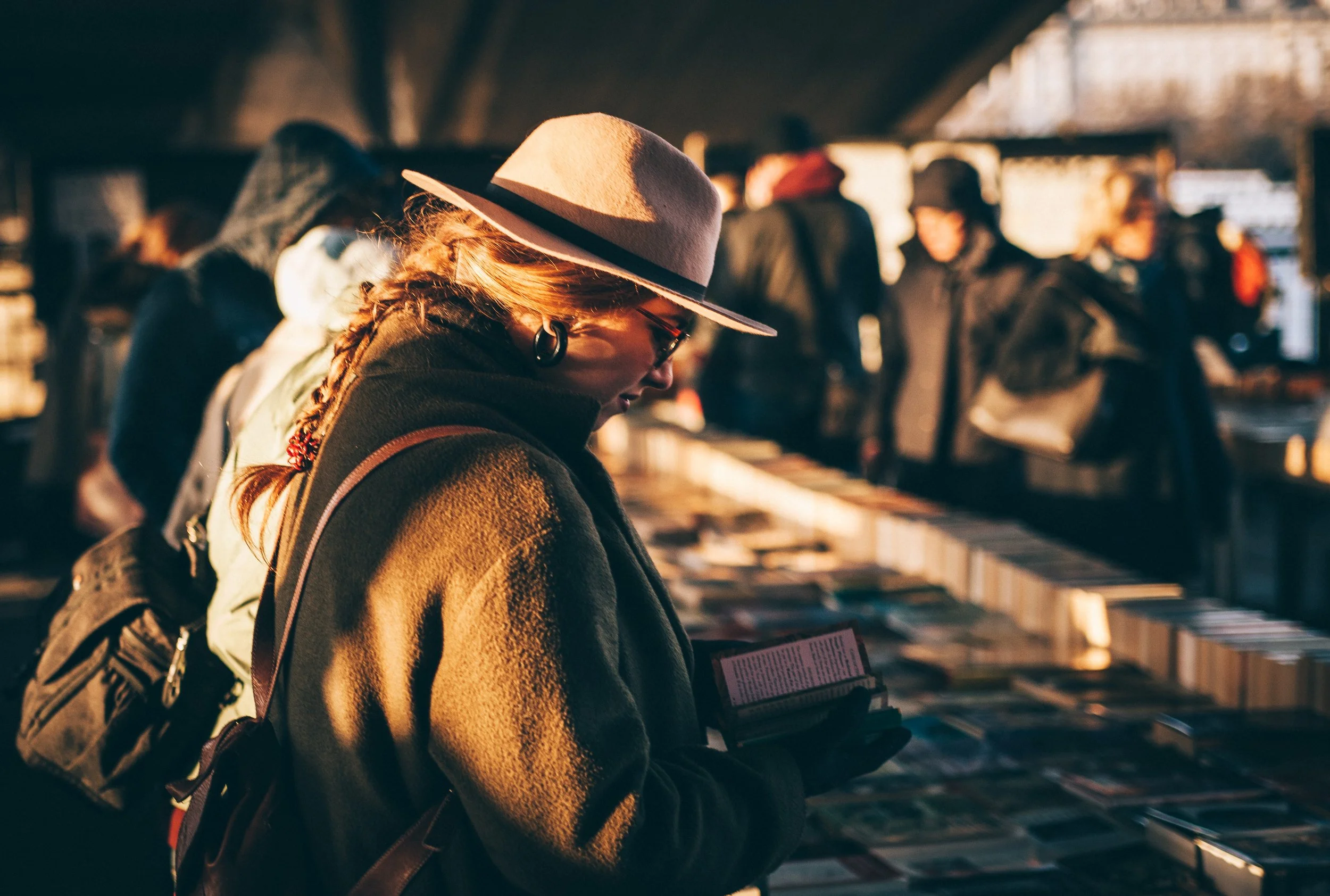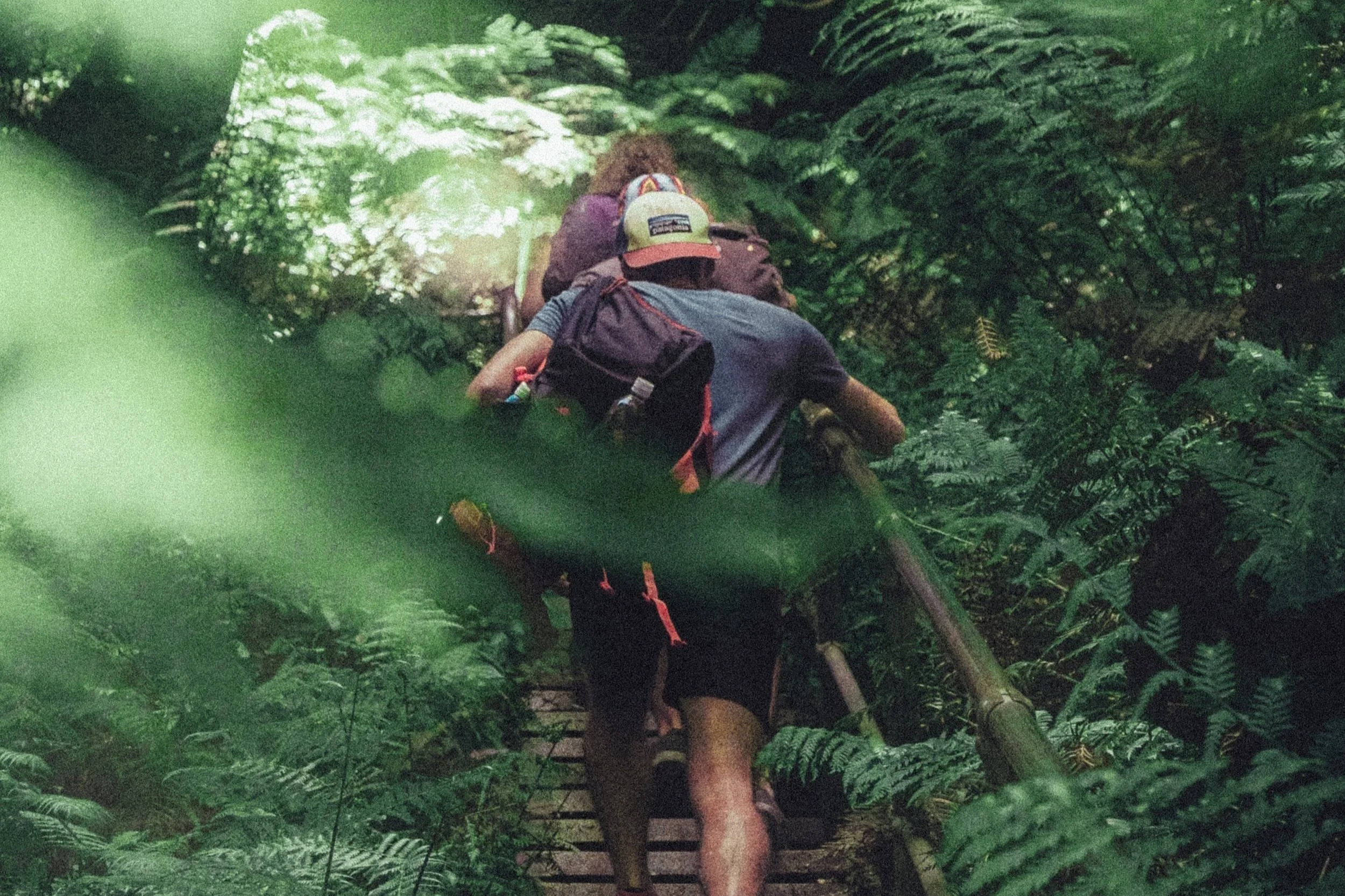7 Tips For Becoming a More Mindful Traveler
The world is beginning to open back up and travel is once again an option for many. We’ve already compiled a list of some of the best ways to travel more sustainably, but there is always more we could do. Read on for tips on becoming a more mindful traveler.
Learn About the Culture
Even though you’re likely going on vacation for an escape or adventure, it’s good to remember that the destination you’re visiting is also home to its local residents. The people and places we interact with are responsible for the very culture that likely drew you there to begin with. Having an awareness and knowledge of that culture shows respect and appreciation for those residents. If you can, take some time to learn key phrases in the native language of the place you are visiting, research local and cultural customs, and, if it happens naturally, be open to making friends and doing things that locals do.
Why is this important? It is important to be a humble and mindful traveler, a guest and not a burden. You are also likely to get more out of your visit than the average tourist. Understanding what’s important to locals will help you understand the culture of the community and may lead to unforgettable experiences.
Use a Reef Safe Sunscreen
Around the world, coastal locations including Hawaii, Florida, the US Virgin Islands, Aruba, and Mexico’s Eco Reserves have banned the use of sunscreen with oxybenzone and octinoxate. These two powerful and common sun repelling ingredients also have the strength to chemically bleach and effectively kill important reef systems in the world’s oceans while simultaneously harming wildlife.
While this is a good start, the nixing of these ingredients may lead to a reef safe label, which is often, unfortunately, another method of greenwashing since there are many other ingredients that contribute to the pollution of our oceans. A list of common sunscreen ingredients such as octinoxate, octocrylene, homosalate, parabens, microplastics and triclosan are some of the worst offenders. In notably vibrant locations like the Caribbean, reefs have died off by more than 90%.
Why is this important? The National Park Service has cautioned that the 6,000 or so tons of sunscreen that end up in our oceans annually are concentrated in the places we most want to explore - the beautiful, life-holding waters that we visit to dive, swim and snorkel. By choosing better products, we can help stop the destruction of the coral reef ecosystems.
Choose Carbon Neutral Travel Methods
If you read our 11 Tips for Sustainable Travel article, you may already be familiar with how you can choose lower carbon emission flights to get to your destination. Once you arrive, biking and walking can be great ways to explore a new city or town, while also exercising and being intentional about not adding carbon emissions into the atmosphere. If you are traveling within a country or continent where it is available, you might also consider train travel. You’ll get a different perspective of the area as well as the places that surround it, and will likely have an experience that you wouldn’t back home.
Why does this matter? Cars and planes contribute significantly to climate change so choosing carbon-neutral and low carbon emission travel can make a huge impact. Amtrak train travel for instance, a sustainable option for traveling within the US, has 83% fewer greenhouse gas emission than travel by car, and 73% fewer than traveling by plane. Amtrak also works with Carbon Fund to offset the emissions their trains do release.
Shop Local
Whatever you may need while traveling, whether it’s souvenirs, grocery items, or something you forgot to pack, you can likely buy it from a local and/or locally owned establishment. Patronizing locally owned stores, markets, boutiques and restaurants allows you to get to know more about local talent and customs.
Why is this important? Spending money locally creates a circular economy, sustaining areas by keeping the money in the pockets of the people who call it home and allowing their businesses to thrive. A strong circular economy also keeps local interests ahead of corporate ones. In terms of environmental sustainability, 29% of greenhouse gas emissions that contribute to global warming come from land transportation (according to the EPA), including the transport of foods. More people opting to eat foods that are locally grown is a great way to decrease the demand for non-local and out-of-season produce.
Connect with Local Conservationists and Animal Orgs in the Area
Whether or not the intention of your trip is to volunteer, there’s no better way to become acquainted with the concerns of the local community than to work directly in it. Many travelers looking to do this participate in what is known as “voluntourism.” It’s a good idea to do some research beforehand to find credible volunteer opportunities in the area. Many coastal destinations have volunteer organizations dedicated to activities such as making sure newly hatched sea turtles make it to the ocean, animal fostering opportunities, and beach and trail clean ups.
Why is this important? When you’re looking to be a resource, finding a reputable organization is a great way to know that your help is going where it can have the most positive effect.
Arrange Hikes with a Local Guide
Who knows more about the land how to see it than the people who live there? If hikes are a big attraction in your locale of choice, ask locals, expats and other travelers to recommend a local guide. With a local, you will have help navigating a new space and are likely to have wildlife and other points of interest identified for you that you may have missed otherwise.
Why is this important? Having the expert guidance of a local resident for hikes is not only enriching, but may also mean the experience is a safer one, as they will be able to advise you on what to avoid and make sure that you don’t get lost. This is another great way to support local residents who live and work where you’ve chosen to travel.
Make Your Daily Routine as Low Impact as Possible
Using a DEET-free mosquito repellent like Kinfield’s Golden Hour Spray and using less water when you do your laundry, with the help of a wash bag like the Scrubba, are a just a few ways to lessen your environmental impact on the area. You can also pack silicone bags for snacks and reusable water bottles to reduce waste.
Why does this matter? We want to leave the places we go a little better than when we got there. Using less chemicals, water and single use items may seem minor, but if we all do it, they can make a big impact.









